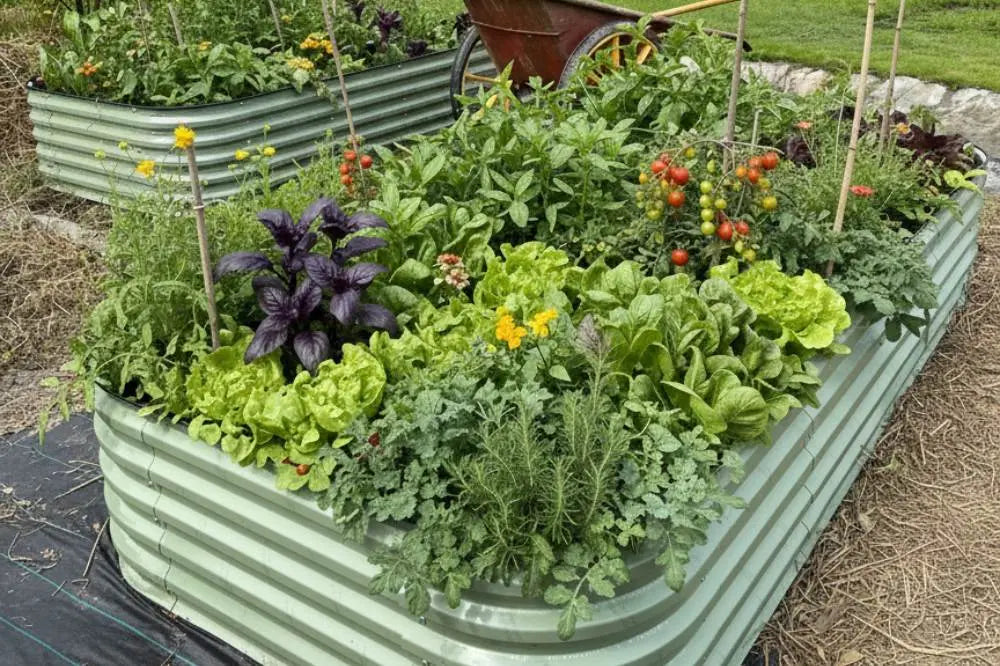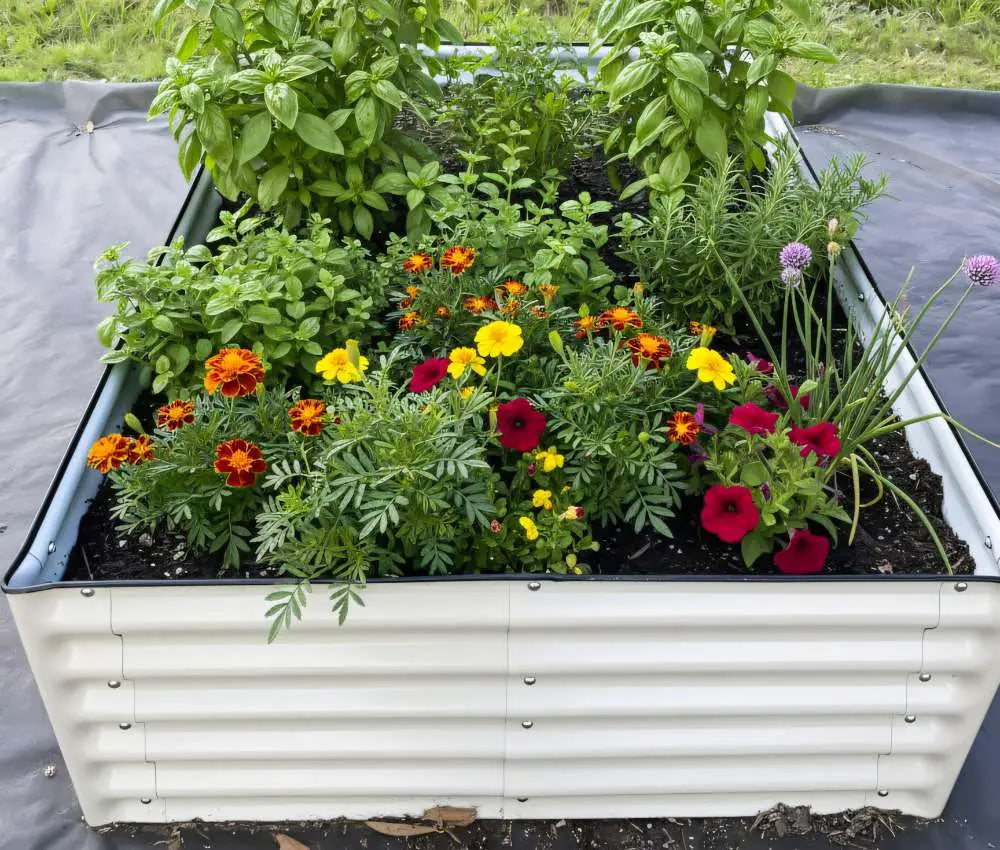Top 10 Houseplants Care Tips
By Eric Scott
Author bio: Eric Scott has been the content professor for many well-known websites for the past 4 years. And he is happy to share experience for educating and inspiring the world on how to care for and grow plants.
Indoor plants give a room color, texture, and love. They allow for year-round planting and may even improve air quality. Because many houseplants are easy to maintain, they require good care in order to flourish. Indoor plants can improve your mood and purify the air in addition to improving their beauty. They can be positioned in the living area, bedroom, or beside the coffee maker. There are many methods for taking care of your plant. We've weeded out some tips for happy, healthy plants with the advice of our plant specialists. We swear. We'll go over everything you need to know about taking care of indoor plants in this post, from watering to light requirements to fertilizer. There are so many house plants that people love.

Choose plants that suit your timetable
Are you a new plant parent? Unintentional plant neglect might result from a busy job and social schedule, as well as general forgetfulness. It's alright. Some plants can survive in that sort of environment. As long as they receive enough light, low-maintenance, drought-tolerant succulents, ZZ plants, or snake plants will thrive in a jet environment. Setters (bright and low light, respectively). When you return from your next vacation, these ought to still be in excellent condition. Try a few interesting air plants, orchids, or ferns if you have more time. Similar to a beauty mist, these sensitive plants benefit from extra sprits of filtered water every day in between watering to keep humidity levels optimal.
Based on your light, choose plants
Are the plants that you love ones that you can own? Knowing how much natural light your room receives will help you choose the right plant, which is our number one (green) rule of thumb. Determine which way your windows face in the event that you can't tell by simply looking.
In general, windows that face south provide strong light, those that face east and west provide moderate light, and those that face north provide low light.
Make sure to also take into account anything outside your window that can block sunlight, such as a large tree or structure. While many houseplants may handle lower light levels, most prefer bright, indirect sunlight (like low-light-tolerant snake plants and ZZ plants).
Take care when watering
It is preferable to underwater rather than overwater your plants. Root rot can result from a water shortage. Get away from your watering routine and only water your plant as needed.
First, make sure the soil or potting mix is dry at least 2 inches below the surface. Your plant has adequate water for the moment if the soil is black in color, feels moist, and sticks to your finger.
Throughout the year, you will change how regularly you water.
In the winter, when growth is slower, days are longer, and sunlight is less strong, plants require less water.
They could require a little more water if the heat is on and their soil dries out more quickly. A thirsty plant will exhibit wilting leaves or dirt that looks to have pulled away from the planter's sides.
Warm water is always better because it absorbs more easily. Water should be immediately applied to the soil near the plant's base because roots are where plants obtain their water supply. Epiphytes, such as air plants, which absorb water through their leaves, are the only exception to this rule.
Also read: When Is the Best Time of Day to Water the Raised Garden Bed?
Increase humidity when necessary
Your plant will flourish inside if you mimic its natural surroundings as closely as possible. The majority of tropical plants prefers high humidity and direct, bright to moderate light. Grouping related plants together can help create a more humid microclimate during the dry winter months. A humidifier is beneficial to people and can be used to help (more ways to increase humidity levels can be found here). While most desert residents, such as cacti and succulents, prefer dry air and harsh, direct light with no shade at all, they really desire the opposite. Humidity doesn't appeal to them much.
Maintain stable temperature levels
Keep the environment where your plant lives as steady as you can. Extreme changes can make plants uncomfortable. Avoid placing your plants close to radiators, air conditioners, or forced-air vents, as these can produce chilly or sweltering drafts. Instead, keep the temperature between 65 and 85 degrees F.
Forgo fertilizer
Avoid fertilizer if you're a beginner. It's a simple method for killing your plant. In addition to receiving nutrients from the air, water, and potting soil, plants also receive nutrition and energy from sunlight.
Without using any additives, you may have a healthy plant! If you choose to fertilize your plant, do so only during the growing season, and keep in mind that less is more in general.
Also read: Quick Guide to Fertilizing Plants Best Tips for Beginners.
Dust off the plants
In particular, green plants and plants with large leaves cannot get the sunlight they may require to survive if there is too much dust on their leaves. Use a damp towel to lightly wash off the leaves of your plants on both sides a few times per year.
Prune your Plants
Although you can prune at any time of the year, a summer of growth makes fall the ideal time to sharpen your pruning shears. Pruning indoor plants is mostly done to improve their appearance and prevent them from growing too big. Cutting back overgrown houseplants to a height of 4 to 6 inches is similar to propagating in that it helps them recover. When trailing plants like Swedish ivy and pathos have gone barren at the base, this method is useful for promoting new growth. When cutting back a stem, try to make your cuts slightly above a cluster of buds or side shoots. To prevent the problem from getting worse, remove any unhealthy or dead stems and leaves before new growth begins in these areas.
Consider drainage
Keep drainage in mind if you have a habit of watering your plants heavily. Choose a planter with a drainage hole and saucer or choose raised garden bed, place your plant in a grow pot inside of a planter, or fill a planter without a hole with lava rocks (to create crevices for excess water to flow to). Follow your best judgment! Don't be scared to experiment with various techniques for various plants. Mostly attributable to improved soil drainage, raised garden bed to allow for early planting because the earth dries up more quickly and warms up in the spring.
Control insect pests
Numerous insects frequently attack indoor plants. Most soft-bodied pests, like aphids and spider mites, can be effectively treated using insecticidal soap, which is simple to use. Additionally, a strong water spray from the hose aids in reducing the number of these pests. Use a cotton ball to apply rubbing alcohol to insects with waxy coatings like scale and mealy bugs. Be consistent, no matter what therapy you employ. If you want to get rid of pests that reproduce quickly, such as aphids and spider mites, you might need to treat plants every week for about a month.


